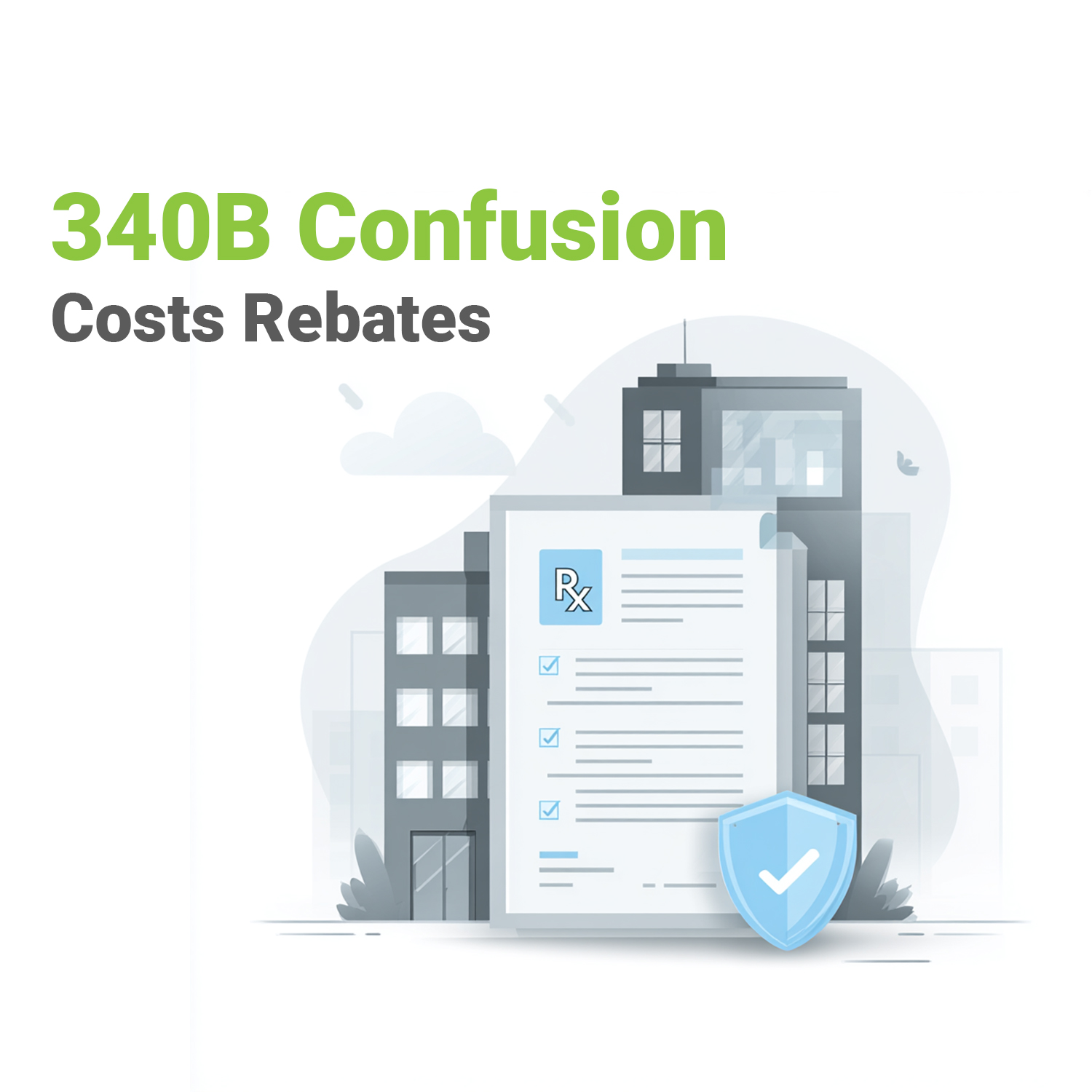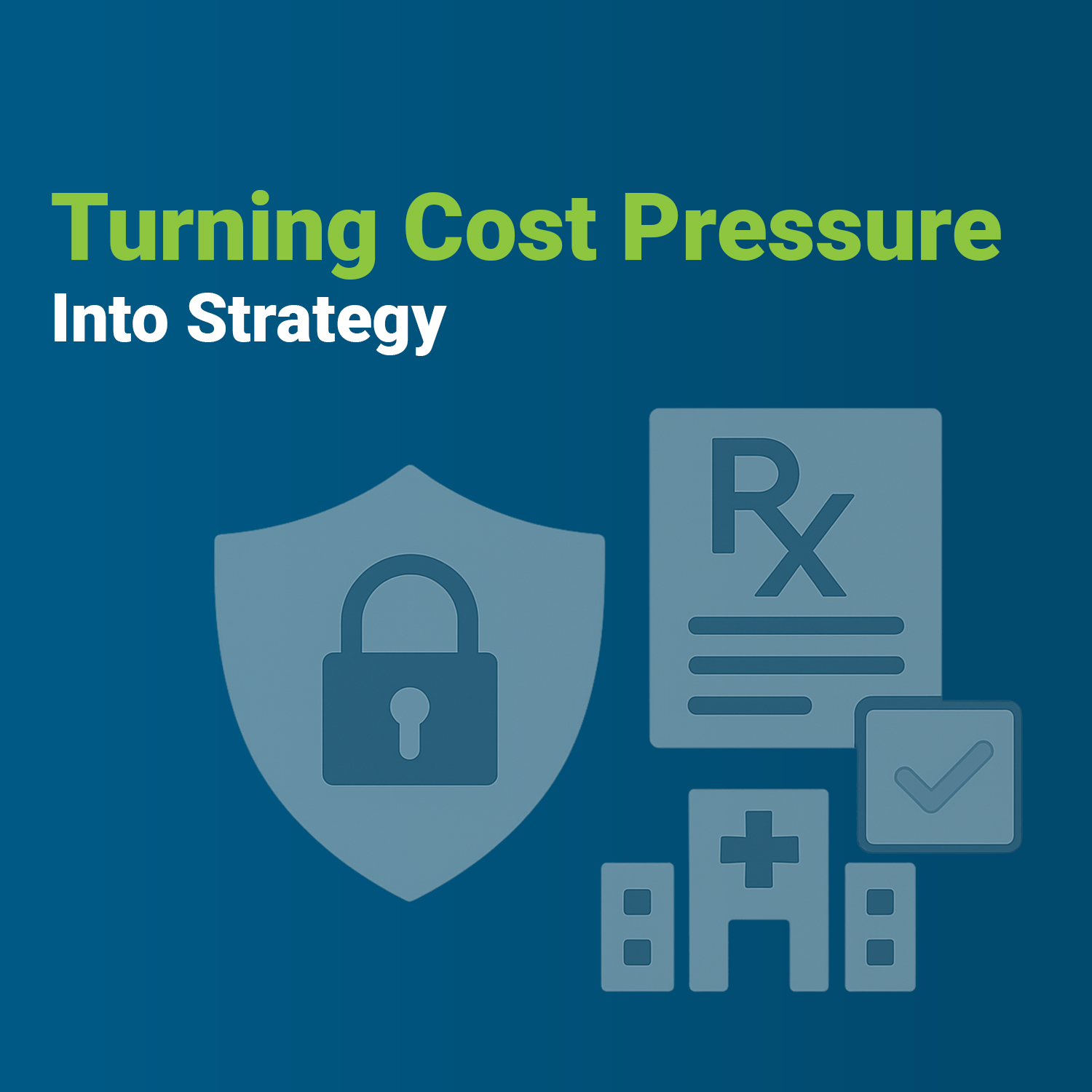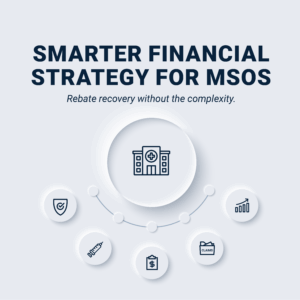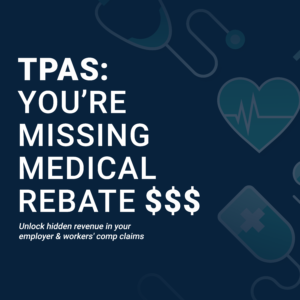The 340B Drug Pricing Program, established in 1992, has been a crucial component of the healthcare system, dedicated to assisting eligible healthcare organizations in serving vulnerable patient populations by granting them access to discounted drugs. At the heart of this program are the 340B rebates, which enable qualifying entities such as safety-net hospitals, community health centers, and other eligible providers to acquire medications at significantly reduced prices. By leveraging the savings from these discounted drug prices, these entities can broaden the availability of affordable medications and improve the quality of patient care they deliver.
Recent Changes and Challenges:
In recent years, the 340B program has faced various changes and challenges that have influenced the landscape of 340B rebates.
Beginning in 2020, an ever-increasing number of pharmaceutical manufacturers implemented policies that restrict the availability of 340B discounts for drugs distributed through 340B contract pharmacies. These restrictions have made it increasingly difficult for covered entities to access the discounted medications, resulting in concerns about the program’s effectiveness and impact on patient care.
Critical decisions are pending before courts and legislators in 2023 that promise to shape the future of the 340B Drug Pricing Program (340B Program), which provides discounts on outpatient drugs for certain health care providers. The resolution of these issues will have an enormous financial impact on the health care industry, including pharmaceutical manufacturers, 340B hospitals, and federal grantees.
Advocacy and Response
Numerous stakeholders, including patient advocacy groups, covered entities, and lawmakers, have voiced their concerns about the challenges faced by the 340B program. They argue that the program plays a crucial role in supporting safety-net providers and facilitating access to affordable medications for vulnerable patient populations. These advocates emphasize the need for maintaining the integrity of the program while addressing legitimate concerns surrounding compliance and oversight.
The current state of 340B rebates reflects a dynamic landscape influenced by evolving regulations, and proposed reforms aiming to enhance transparency, improve program integrity, and address concerns about program expansion manufacturer restrictions. Stakeholders interested in the 340B program have been awaiting resolution of these fundamental issues for years. Decisions that will be made in 2023 promise to determine the future direction and scope of the program. While the program faces challenges, its fundamental goal of improving access to affordable medications for underserved populations remains crucial.






